Recently-installed BlackBerry CEO John Chen is on a mission to revive the ailing company to financial health, largely by restoring faith in BlackBerry among corporate CIO’s and other traditional enterprise customers.


Recently-installed BlackBerry CEO John Chen is on a mission to revive the ailing company to financial health, largely by restoring faith in BlackBerry among corporate CIO’s and other traditional enterprise customers.
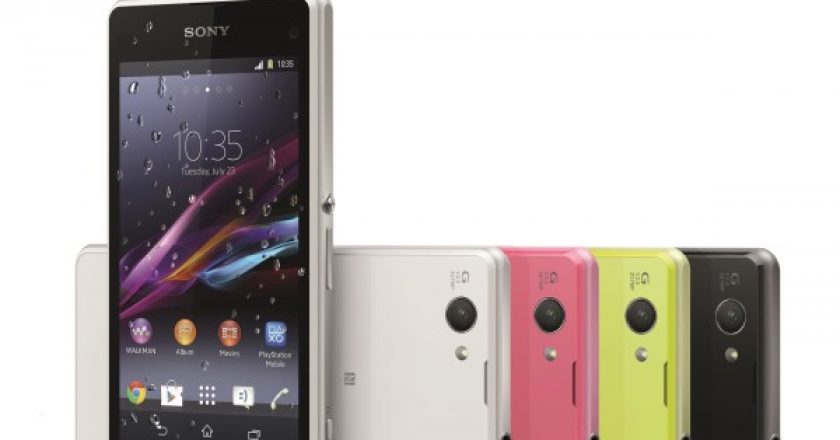
Sony Mobile has launched its waterproof Xperi Z1 Compact smartphone at CES.
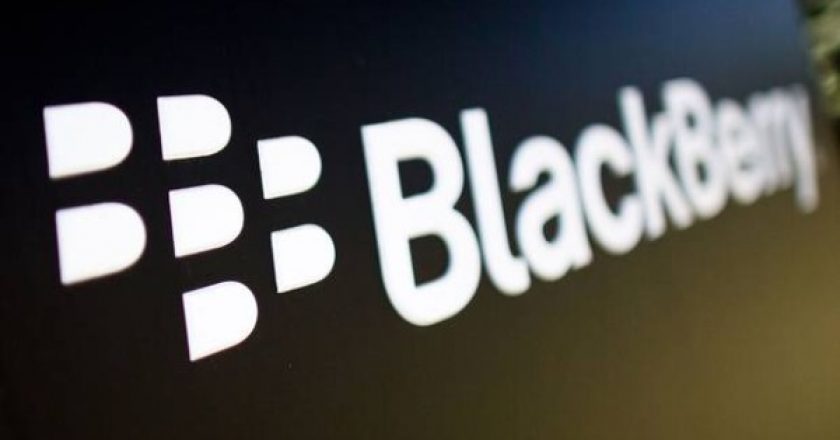
BlackBerry’s latest financial results, which were announced mid-December, show that the company has a lot to do before it gets back to any level of solid footing.
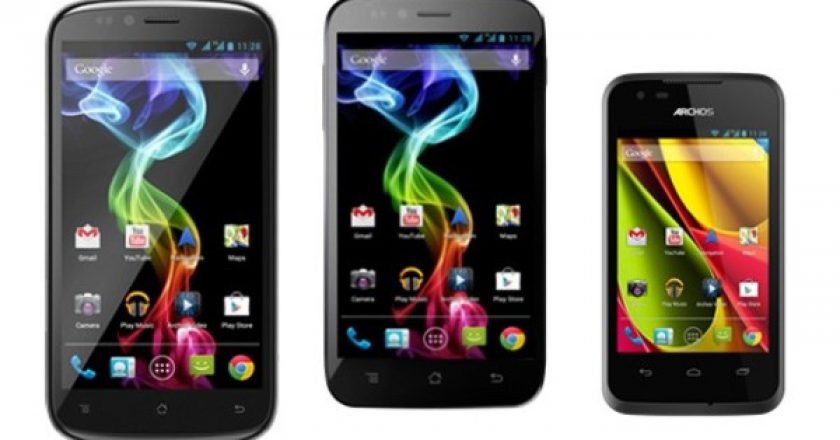
Archos is showing two low-cost Android-based smartphones this week at the International CES trade show, including the 45 Helium 4G, which is priced at US$200 without a contract.
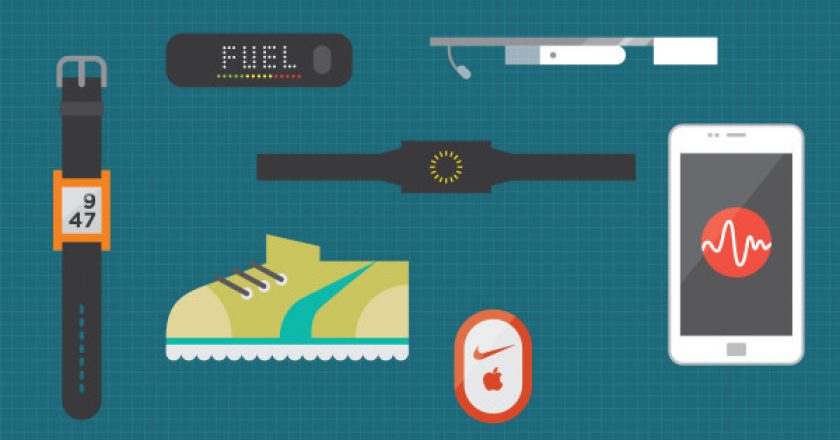
Wearable technology is an exploding field in desperate need of a category-defining product. And now, with the Consumer Electronics Show upon us, we get to see whether any company can release an uncompromised, mainstream consumer hit in 2014.
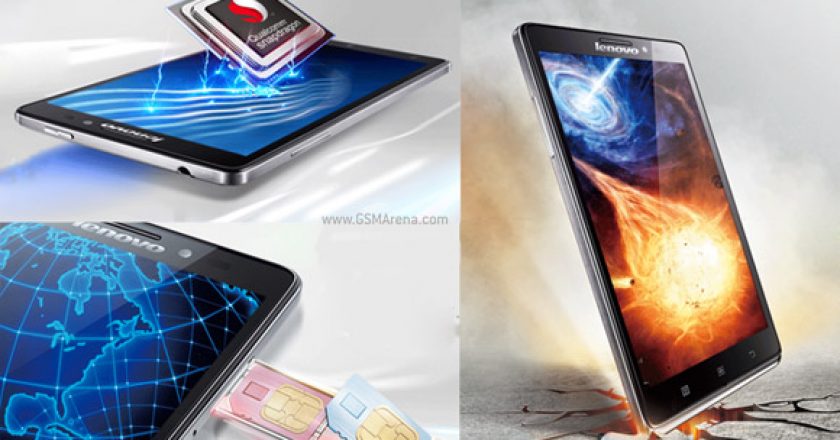
In a flurry of budget also-ran device releases from Lenovo, the newly-unveiled Vibe Z stands out. Not only is it the company’s first LTE-compatible phone, it also boasts some quality mobile innards to boot.

Cast your mind back to the late 2000s – when the iPhone 3G beguiled consumers and the iTunes App Store began shifting users’ ideas about how they bought and used software. When Microsoft pros saw nothing but clear skies after Windows 7 cleared out the Windows Vista storm, and when green technology was touted as a transformative force in IT.
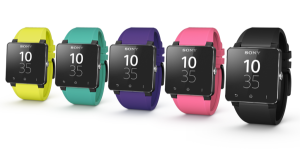
Sony’s SmartWatch 2 is compatible with Android and also is equipped with one-touch NFC.

US retailer Overstock plans to become one of the first major businesses to accept virtual currency Bitcoin.

Major technology developments over the last year—and a series of revelations about the National Security Agency that shook the international security community—made 2013 an interesting year. In highlighting the past year’s security events, we’ve considered some emerging trends we are likely to see in the coming year.

The overall global Internet threat level grew by 6.9 percentage points in 2013, with 41.6 percent of user computers being attacked at least once, according to Kaspersky Lab.
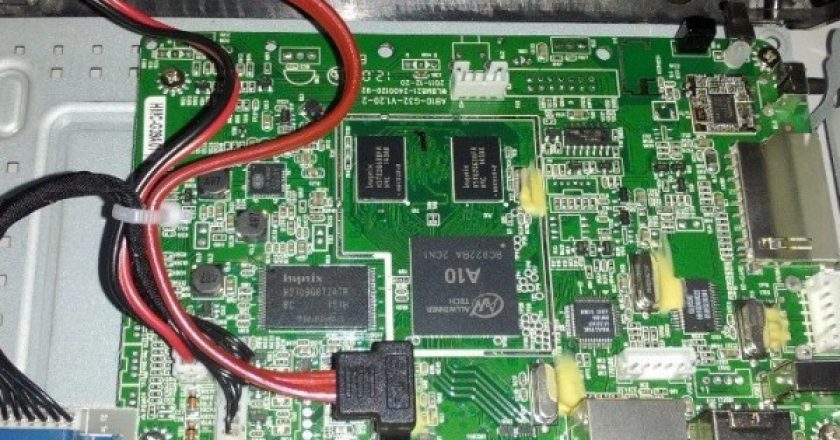
Qualcomm and Nvidia get most of the headlines in the mobile chip business, but two Chinese vendors are cornering the market for processors used in low-cost tablets, and in 2014 they might find their way into a product near you.
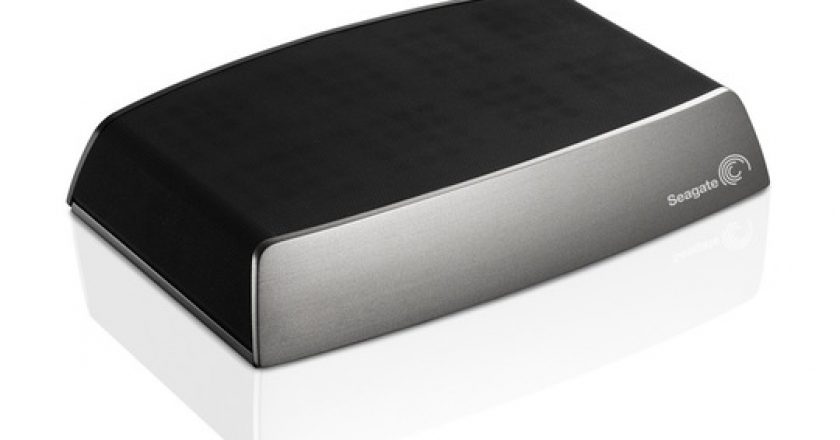
If you shudder when hearing the words “network-attached storage” you can at least take solace knowing that you aren’t alone.

These trends highlight potential technological development opportunities for businesses across the region.

Google has acquired Boston Dynamics, a company that builds robots that mimic the movements of humans and animals with stunning dexterity and speed.
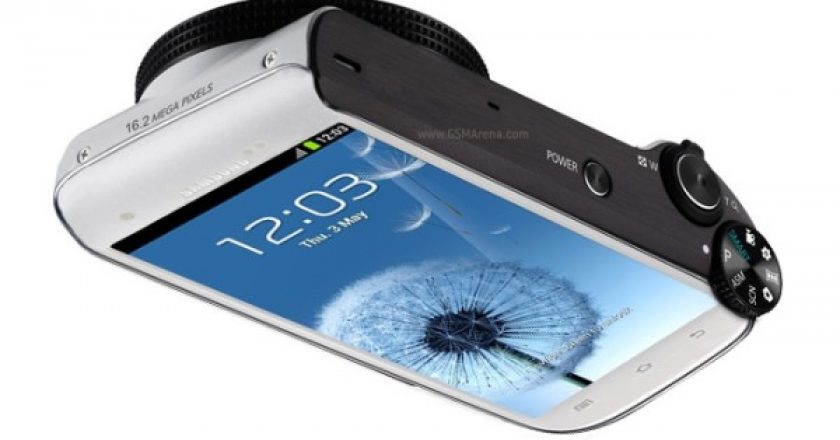
Samsung has announced plans to merge its smartphone and camera divisions, according to Korean news station ETNews.
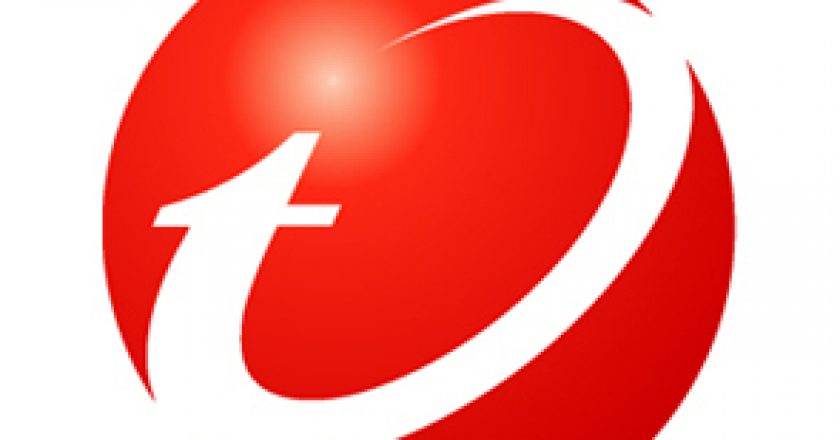
Trend Micro has outlined its security predictions for 2014, and it has forecast that one major data breach will occur every month next year.

Dell Software yesterday introduced a suite of software and services for enterprise mobility management, including a ‘secure workspace’ for mobile devices that lets enterprise IT managers separate work from data apps.

Home appliances, cars and computers could soon be talking to one another thanks to an open source framework that has the backing of consumer electronics manufacturers in a new industry alliance.
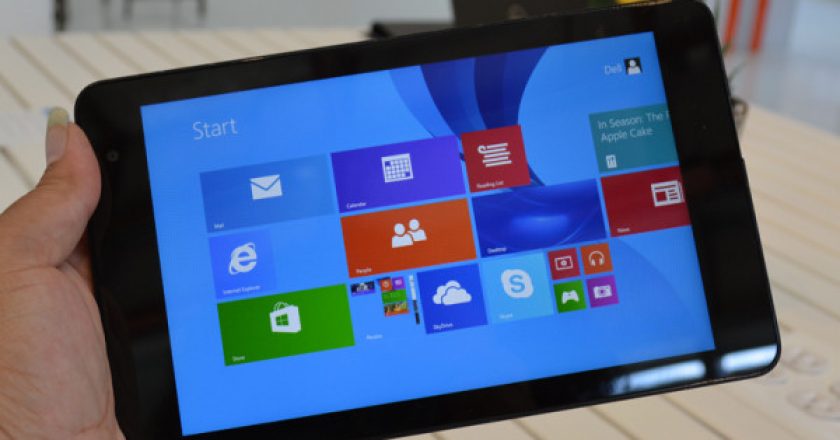
Miniature tablets are becoming more and more popular, with devices like Google’s Nexus 7 and Apple’s iPad mini in the vanguard. Acer tried to bring Windows to the mini form with its Iconia W3 earlier this year, but that tablet was hampered by an awful screen, a bulky chassis, and a slow processor.